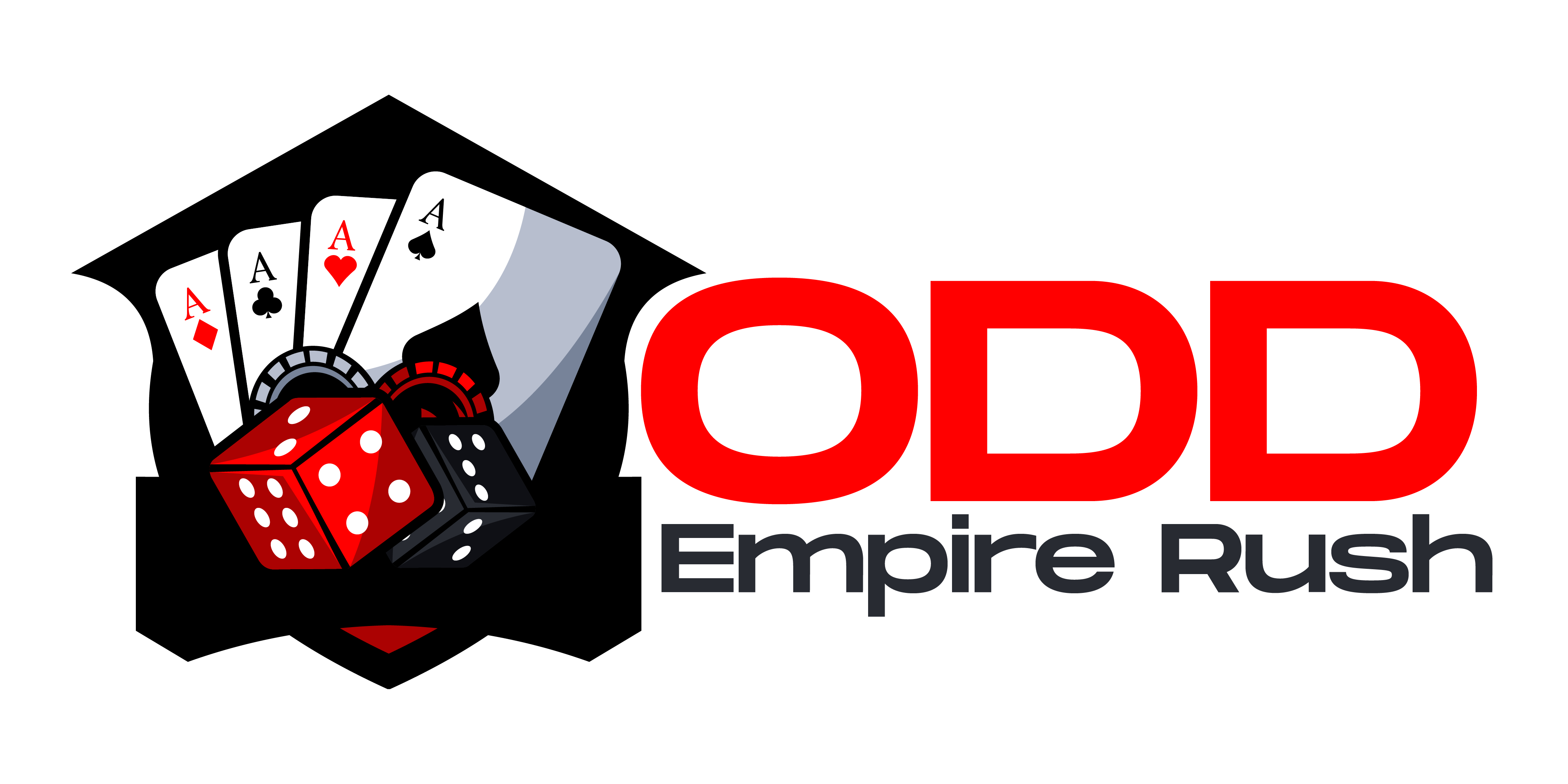Introduction: Betting is No Longer Old School
The betting world isn’t what it used to be. High-street bookmakers are fading from the picture, replaced by sleek, always-on digital platforms. What used to happen across counters and paper slips now happens in apps—fast, personalized, and algorithmically driven. For operators, this isn’t just a trend; it’s survival.
Traditional betting models were built on slower cycles: establish a presence, attract foot traffic, manage risk by odds setting and regulatory compliance. But the digital shift demands agility. Online platforms are processing millions of micro-bets in real time, offering dynamic odds, and innovating at a pace old systems can’t match. That’s putting pressure on long-standing industry players to either adapt or get buried.
For bettors, this evolution means more choice, sharper interfaces, and, often, better odds due to lower overhead. It also means navigating a more complex ecosystem—one that’s shaped by data science, user profiling, and global liquidity rather than fixed-location betting shops.
The balance of power is shifting. Those who move fast and build smart are the ones shaping the future of wagering.
The Tech Stack Changing Everything
The modern betting game runs through your pocket. Smartphones aren’t just convenient—they’re now the primary access point for bettors worldwide. Everything from placing a bet to livestreaming a match happens with a thumb swipe. Betting apps are lean, fast, and personalized, making desktop platforms feel like yesterday’s news.
Behind the scenes, cloud computing powers this mobility. Platforms are crunching live data in real time to generate odds that shift second by second. Odds change mid-play, mid-stream, mid-scroll—all thanks to high-speed cloud infrastructure that can process millions of signals without blinking. The edge isn’t just in who places the bet, but who builds the system behind it.
On top of that, APIs and automation now let betting ecosystems plug into everything. Live sports feeds, payment processors, even user behavior trackers—all integrated through seamless bridges. That means odds can follow you wherever you go, across apps and even devices. Betting has become not just mobile, but modular.
In short: if you’re still thinking about betting as a web-based form or a kiosk in a pub, you’re already behind. The frontier is handheld, always-on, and wired for speed.
AI and Machine Learning: Smarter, Faster, Riskier
Behind the scenes, AI is reshaping how betting platforms—and bettors—operate. Predictive models are being trained on everything from user bet history to in-game live data. The goal? To anticipate behavior, fine-tune odds, and optimize the house edge. These models don’t just react to outcomes—they evolve. As your habits shift, so does the algorithm.
But it’s not just about upgrading odds. AI tools now run frontline risk assessment, flagging suspect activity before it becomes a payout problem. If one bettor suddenly spikes their stake pattern or jumps on a heavily undervalued line, the system notices. Platforms use this data to sniff out fraud, manage risk, and stay compliant—all at machine speed.
For bettors, AI can work both ways. On the upside, there are apps that crunch massive datasets—team stats, weather, player performance—and deliver bet recommendations that outperform gut feeling. But the danger lies in assuming the same AI edge the platforms have is available to the public. It’s not. Most bettors are still guessing against systems that constantly learn and adapt.
In short, AI is the most powerful tool in modern betting—but only if you know when you’re holding it and when you’re betting against it.
Rise of Crypto and Blockchain Betting
Decentralized transactions are ripping up the rulebook in the betting world. Blockchain-based platforms are letting users sidestep middlemen, cut down on wait times, and make peer-to-peer wagers without relying on traditional institutions. It’s lean, fast, and—for many bettors—more transparent than anything legacy systems offer.
Smart contracts are the real game-changer. These self-executing agreements kick in once bet conditions are met—no manual payouts, no delays, no room for manipulation. You win, the contract pays. Trustless, tamper-resistant, and automated. It’s not just sleek tech; it’s peace of mind for users who’ve been burned by shady operators or inconsistent payment schemes.
That said, the system isn’t bulletproof. Crypto volatility can tank winnings or inflate losses overnight. Regulation is still playing catch-up, leaving users unprotected if a platform collapses or vanishes. And let’s not forget credibility—anyone can spin up a blockchain-based betting site, but not all of them are built to last. The challenge now? Finding platforms that balance decentralization with reliability.
Decentralized betting isn’t the future—it’s already here. Just know the terrain before placing your chips.
In-Play Betting Goes Next Level
Speed wins in modern betting, and in-play markets are built around it. Live streaming is now directly integrated into many betting interfaces, giving users a seamless way to watch and bet without switching platforms. Gone are the days of clunky refreshes and lag time. Ultra-fast data processing means odds adjust in real time—as a goal is scored, a foul happens, or a momentum shift is felt, the lines change instantly.
But it’s not just about being fast. Tech is getting smarter about pushing personalized betting suggestions based on user habits, match context, and even social sentiment. Algorithms crunch data mid-game and quietly nudge users toward tailored, high-engagement bets.
One clear example: during high-stakes football matches, betting platforms now offer instant micro-markets—”next goal scorer,” “corner in next 2 minutes,” “team to get yellow card.” Live suggestions adapt with the action, keeping casual users engaged and seasoned bettors locked in.
What we’re seeing is a sharp rise in stickiness. Users spend more time on platforms, place more bets per session, and interact in more dynamic ways. Live engagement is no longer a bonus feature—it’s the centerpiece.
Regulatory Tech (RegTech) and Compliance
The rules in betting aren’t getting simpler—if anything, they’re tightening everywhere. To stay operational and credible, platforms now lean heavily on RegTech: a class of software tools built to keep them inside legal lines without slowing them down.
Automated identity verification, or KYC (Know Your Customer), is a prime example. Old-school onboarding involved human verification and long wait times. Today, betting platforms tap into real-time ID checks, facial recognition, and document scans, all powered by APIs. It’s faster for the user and watertight from a compliance standpoint.
Anti-fraud systems haven’t been left behind either. Machine learning models constantly flag irregular betting patterns, duplicate accounts, and suspicious transactions—and they do it around the clock. These aren’t just security features—they’re what lets operators invite more traffic safely.
Scaling a betting business in 2024 means automating the crud so you can focus on product and experience. RegTech makes that possible. The platforms that get this right aren’t just legally compliant—they’re built to grow without breaking.
Impact on Traditional Bookmakers
The old betting shops lining high streets are fading. Rents are up, foot traffic is down, and customers are voting with their thumbs—literally. Mobile and online platforms have taken the lead, making physical shops feel sluggish and increasingly unnecessary. In response, the physical footprint of bookmakers is shrinking fast.
But it’s not all or nothing. Some operators are betting on hybrid models—merging sleek apps with in-person perks. Think lounges where you can place a bet, grab a drink, and watch the live match, all synced with your betting profile. It’s part digital, part experience, and it’s where some of the smarter legacy brands are pivoting.
Even so, traditional players are hustling to stay relevant. Tech-first startups, fluent in UX design and real-time analytics, are lightyears ahead when it comes to user loyalty and operational agility. Legacy brands, with clunky systems and old-school thinking, are now playing a game of catch-up. And the clock’s ticking.
Adapt or lose. That’s the wager.
Looking Ahead: What’s Next
The future of betting isn’t just digital—it’s intelligent, immersive, and legally complex. AI-driven personalization is getting sharper, creating bet recommendations based not just on past behavior but in-the-moment context—sports interests, location, even device usage. This hyper-targeted approach is boosting engagement, but also raises questions about transparency and fairness many platforms haven’t fully answered yet.
Meanwhile, esports and virtual sports are no longer side hustles. They’re front and center. Platforms are doubling down, integrating live betting with streamed competitions and simulated matchups. These formats are fast, data-rich, and appeal to the next wave of bettors who might care more about League of Legends than La Liga.
Legal frameworks are scrambling to keep up. With innovation moving faster than legislation, expect to see more experimentation with self-regulation, blockchain audit trails, and AI-driven compliance tools. The line between gaming, tech, and betting continues to blur—and the market is responding in real time.
For a deeper dive, check out Key Market Trends in Sports Betting for 2023.
Closing Thoughts
The betting world isn’t just digitizing—it’s transforming. Technology has redefined the foundations this industry was built on: trust is now algorithmic, speed is instant, and scale is global. From blockchain-backed transactions to AI-driven odds modeling, the old rules don’t apply anymore.
But that doesn’t mean traditional betting is gone. It’s shifting—hard. Physical sportsbooks are morphing into hybrid experiences. Legacy operators are layering on new tech just to stay relevant. The winners? They’re the ones willing to learn, pivot, and build smarter systems. The rest get left behind.
For operators, this is a survival challenge. For bettors, it’s a window of opportunity—if they move with the current, not against it.


 Lillian Wagneroler, an insightful author at oddsempirerush focuses on in-depth research and engaging storytelling. Her articles provide fresh perspectives on betting trends, helping readers connect with the latest developments in the industry.
Lillian Wagneroler, an insightful author at oddsempirerush focuses on in-depth research and engaging storytelling. Her articles provide fresh perspectives on betting trends, helping readers connect with the latest developments in the industry.

